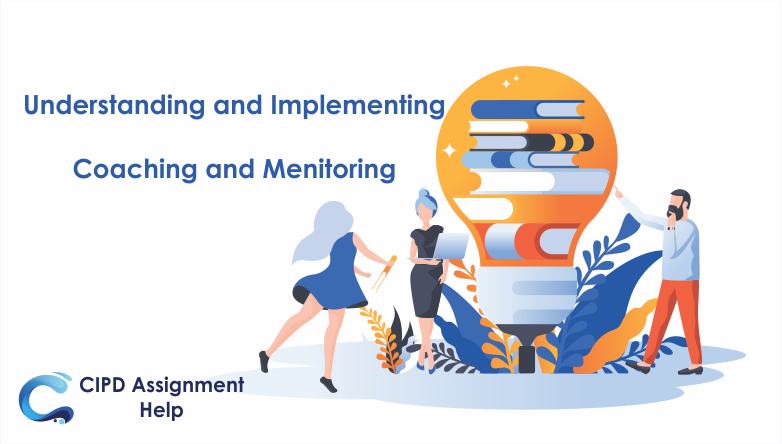The implementation of coaching and mentoring in organisations as strategies and approaches to professional and personal management development has grown tremendously. Coaching and mentoring processes have become more common in professional practice and they have been subject to academics. However, professional research and writing have suggested that many issues, problems, and effective practices need to be taken into account when using these processes and methods.
Purpose and Aim of Module
The research and writing point to unanswered questions about the current practice of coaching and mentoring and this module promotes an evidence-based approach. This will enable the development of intellectual, social, and professional skills that are necessary to design, apply, and practice coaching and mentoring programmes and services in the working environment. The application of these programmes will support performance and personal development in organisations.
The unit also encourages questioning of simplistic and prescriptive accounts of mentoring and coaching to develop critical awareness and understanding of the potential and limitations of mentoring and coaching models, frameworks and related theories.
The module explores the implications for professional practice and requires learners to reflect critically on the theory and practices from an ethical and professional viewpoint. It also provides opportunities for applied learning and continuous professional improvement.
Who is Suited for this Module
This module is suitable for students who:
- Have a duty for human resources (HR) decision making within an organisation at different levels such as in strategic, operational and tactical.
- Have an HR career and CIPD professional membership aspirations.
- Are independent or self-employed in the consultancy field and are supporting organisations in attaining their goals
- Are HR professionals working in a team or HR functional management role and are seeking to go improve their careers.
- Have duties and responsibilities for HR functions and activities within an organisation but don’t have a specialist function
What are the Learning Outcomes?
On completion of this unit, the learners should have learnt to be able to:
- Critically assess the different models and frameworks of mentoring and coaching.
- Illustrate and apply an informed and critically understanding of psychological theories and concepts that inform the design ad use of mentoring and coaching. This may include a range of theories associated with learning, emotional intelligence and personal as well as the organisation’s change and development.
- Design and implement organization-based coaching approaches and mentoring strategies while taking into consideration of a wide range of contextual factors.
- Provide skilled, professional and effective mentoring and coaching services to an individual in a range of professional, personal and professional contexts.
- Act professionally and ethically with an illustration of commitment to equality of opportunity and diversity in mentoring and coaching practice as well as continuous professional and personal development.
What is the Assessment Mode?
The assessment of this module is done in many different ways. At least 50% of the learning outcomes are done through summative assessment. The remaining learning outcomes are assessed through learning, teaching and formative assessment activities like the ones below;
- Assignments
- Integrated work activities
- Projects
- Group and individual presentations
- Reports
- Time constrained tests
- Examinations
- Case studies
Apart from these methods of assessment, the competency-based assessments may be used in centres approved for this assessment approach as well as have occupationally competent assessors. Also, the approved CIPD centres may devise their way of assessing their students but must be approved before use.



